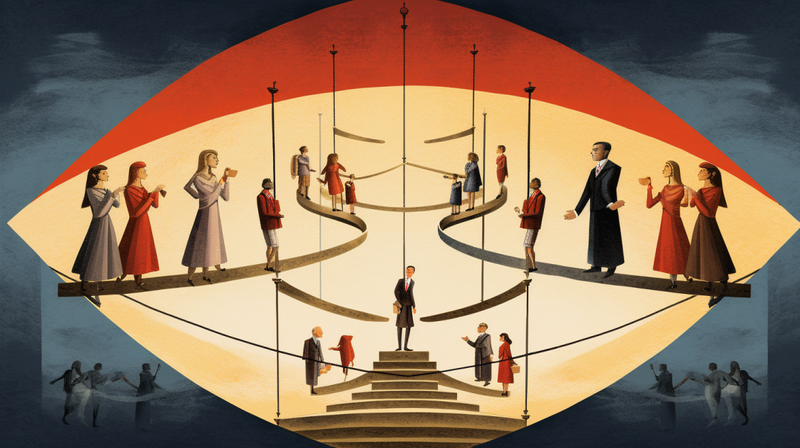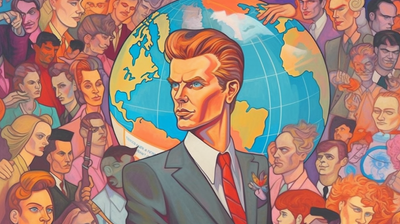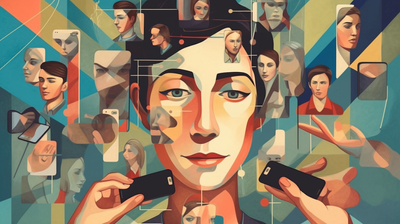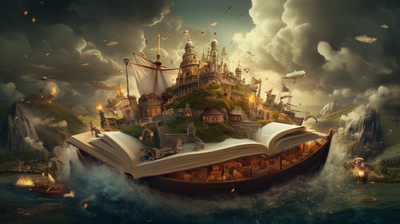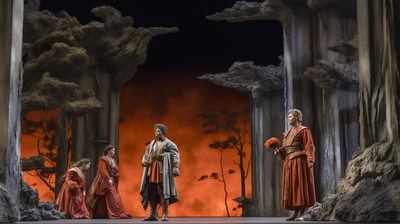The Intersection of Ethics and Politics: Examining the Ideal State
In the ever-churning waters of political discourse, the allure of the ideal state has captivated the minds of thinkers, philosophers, and visionaries throughout history. The intersection of ethics and politics promises a harmonious society where justice, equality, and human flourishing prevail. Yet, amidst this intoxicating vision, we must dare to question the very foundations upon which it stands, for it is only through rigorous examination and a piercing intellect that we can unravel the illusionary veil surrounding the ideal state.

The Pitfalls of Ethical Utopianism:
Ethical utopianism, the notion that an ideal state can be attained through the imposition of moral values, has long been the siren song of political idealists. However, history has repeatedly demonstrated the dangers lurking within such aspirations. The totalitarian experiments of the 20th century, epitomized by the likes of Stalin, Mao, and Pol Pot, showcased the brutal consequences of attempting to construct a utopia grounded solely in ethics.
Here, we must challenge the conventional wisdom that an ideal state can be achieved by moral prescription alone. The reality is that politics is a complex web of competing interests, power dynamics, and imperfect human nature. To ignore these fundamental aspects is to venture into a realm of delusion, where the consequences are not only disastrous but also antithetical to the principles we seek to uphold.
The Complex Nature of Human Ethics:
Ethics, though a noble pursuit, is inherently subjective and multifaceted. The notion of an objective ethical framework upon which to build an ideal state is an illusionary construct. Throughout history, philosophers have grappled with moral foundations, resulting in diverse and often conflicting perspectives. From the consequentialist theories of Bentham and Mill to the deontological reasoning of Kant, ethical systems have proven to be far from unequivocal.
Moreover, human ethics are malleable, shaped by cultural, historical, and social contexts. What may be considered ethically just in one era or society may be fiercely contested in another. The moral progress we celebrate today often results from challenging existing norms, questioning established authorities, and ending in results. Therefore, to select an ideal state based solely on a fixed ethical framework would be to freeze the establishment of society, stifling the very essence of human progress.

The Flawed Assumption of Ethical Governance:
The proposition that ethical individuals will necessarily make moral governments is a fallacy that overlooks the inherent flaws in human character. As Lord Acton famously remarked, "Power tends to corrupt, and absolute power corrupts absolutely." The concentration of power within political structures is a fertile breeding ground for moral erosion.
History is replete with examples of leaders who, despite being renowned for their virtues, succumbed to the temptations of power once entrusted with it. From Caesar to Cromwell, from Robespierre to Mussolini, the annals of politics are littered with individuals whose moral compasses were warped by the systems they sought to embody. The ideal state, therefore, must not rest upon the myth that ethical individuals can form an ethically flawless government, for it is a mirage that obscures the perils of unchecked authority.
The Evolving Nature of Politics:
Politics is not a static realm but a dynamic landscape that shifts with the tides of history. To fixate on a static vision of the ideal state is to disregard the fluidity of political realities. Just as societies change, so do the challenges they face. The perfect form must be adaptable and capable of navigating the unpredictable currents of the political world.
Attempting to blueprint a fixed ideal state is akin to freezing a river in motion. It is a futile endeavour that stifles innovation, suppresses dissent, and ultimately undermines the very foundations of democratic governance. A genuinely ideal state, if such a concept can be entertained, embraces change, encourages critical thinking, and allows for the flourishing of diverse ideas. It is through the constant reevaluation of political structures and the reinvigoration of public discourse that progress is made.

Conclusion:
Pursuing the ideal state at the intersection of ethics and politics is an enticing prospect. However, we must not be fooled by the illusion it presents. Ethical utopianism, grounded solely in moral prescription, fails to account for the complexities of politics and the flawed nature of the human character. The ideal state, if it can be conceived, must be adaptable, inclusive, and open to constant scrutiny and debate.
As we navigate the vast sea of political possibilities, we must embrace intellectual rigour, challenge conventional wisdom, and draw upon historical lessons. Pursuing the idearigourte requires the courage to question prevailing narratives and the humility to recognize the limitations of our understanding. Only then can we chart a more just and inclusive society where ethics and politics dance harmoniously, aware of their interdependence and respectful of their inherent complexities?
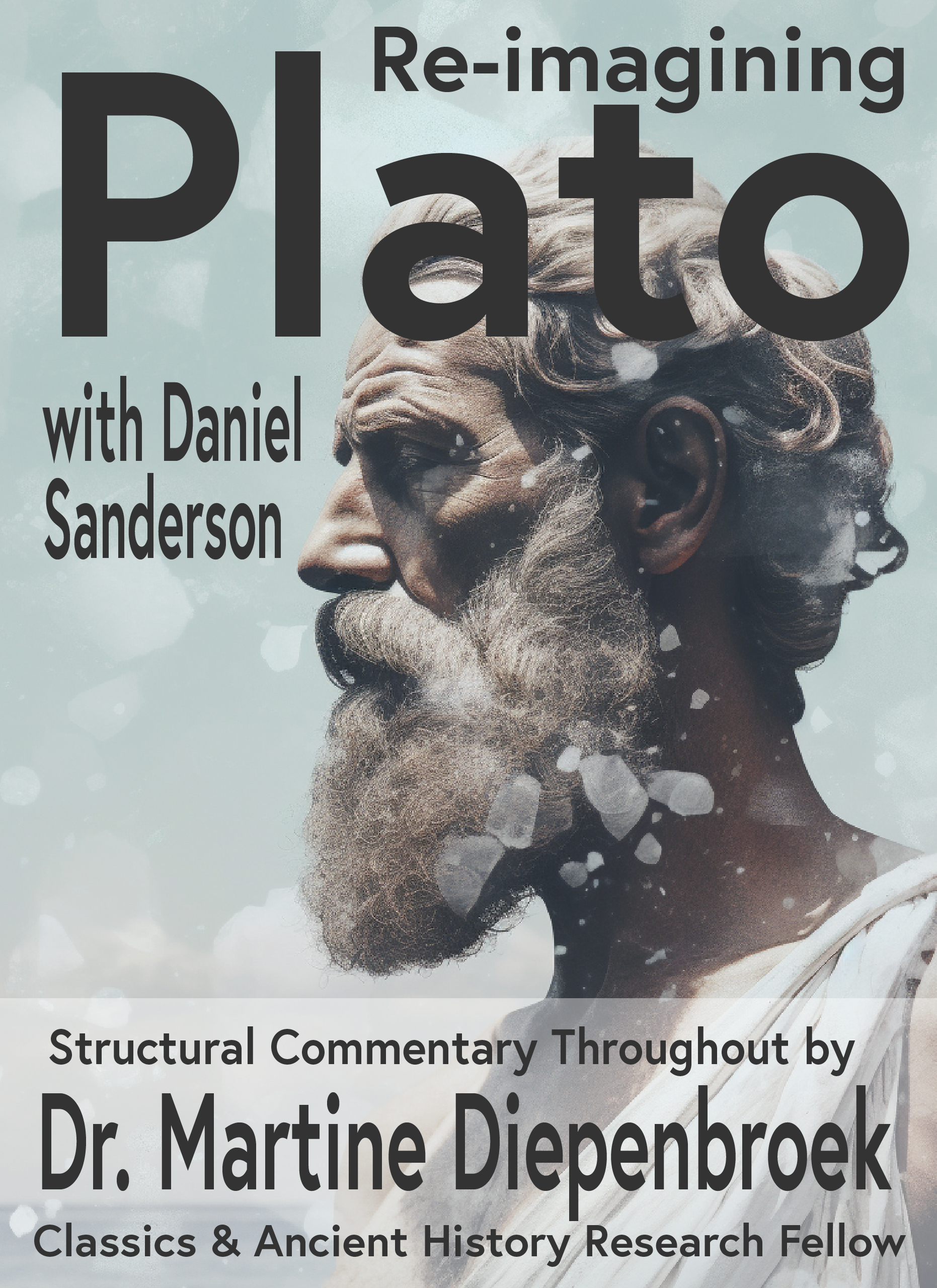
Plato Re-Imagined
This course includes 32 lectures covering most of Plato's dialogues and allowing the student to return to something divine. Divinity should resonate with secular and religious leaders alike. I present a compatible approach in my lecture on Consilience.
Also included with this course is a free book. If you pay for the course, you will get a physical copy of the book for free, mailed to your chosen address — anywhere on the planet!

